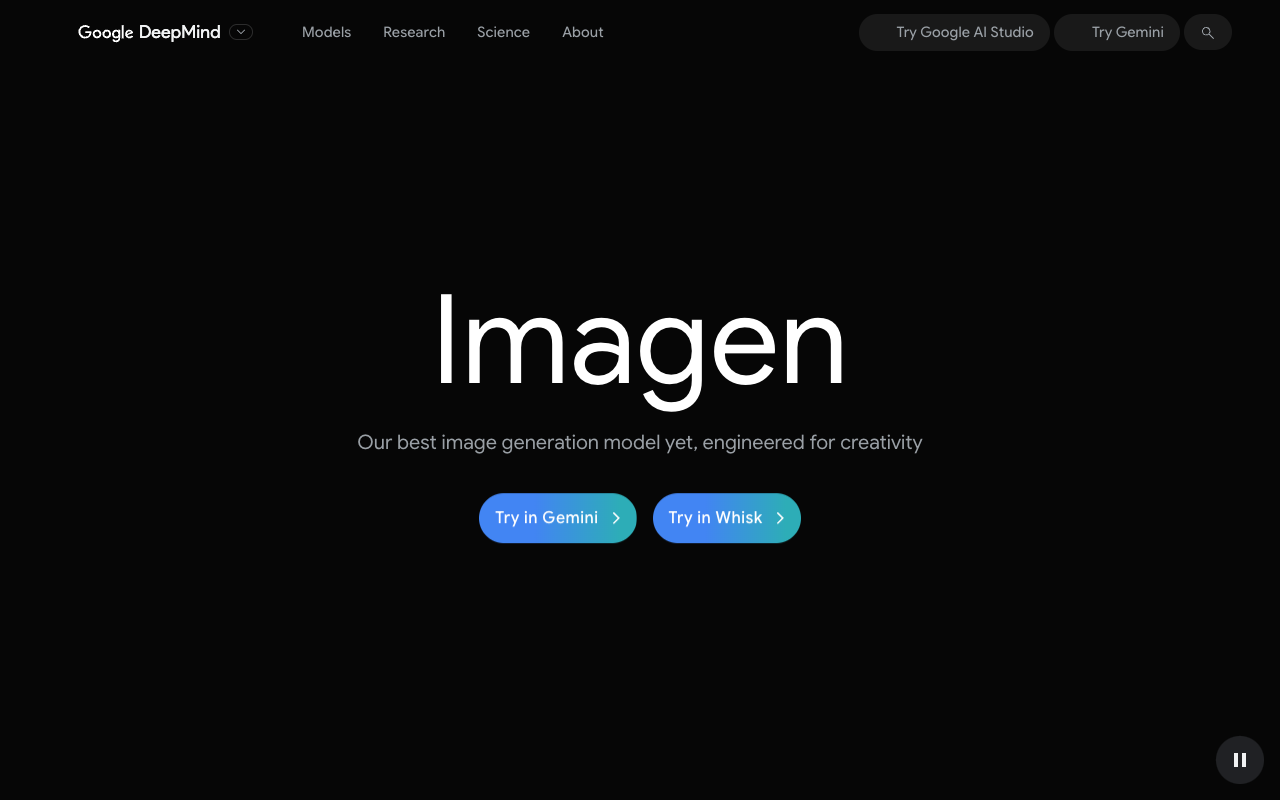Imagen 2 - Google's Most Advanced Text-to-Image Technology

Imagen 2 is Google’s most advanced text-to-image diffusion technology, designed to generate high-quality and photorealistic outputs that closely align with the user’s prompt. It utilizes the natural distribution of training data instead of pre-programmed styles, resulting in more lifelike images.
Google’s Imagen 2 technology offers powerful text-to-image capabilities and is accessible to developers and Cloud customers through the Imagen API in Google Cloud Vertex AI. Additionally, the Google Arts and Culture team is incorporating Imagen 2 into their Cultural Icons experiment, allowing users to explore, learn, and test their cultural knowledge with the assistance of Google AI.
With Imagen 2, users can provide prompts such as a description of a 32-year-old female conservationist in a jungle or a jellyfish on a dark blue background, and the technology will generate corresponding images. Imagen 2’s training dataset has been enhanced with additional description information, enabling the model to better understand different captioning styles and improve its understanding of context and nuance.
The advancements in Imagen 2 have resulted in more realistic image generation, addressing challenges such as rendering realistic hands and human faces while minimizing distracting visual artifacts. The technology also offers fluid style conditioning, allowing users to control and adjust the style of generated images by providing reference style images alongside a text prompt.
Moreover, Imagen 2 introduces advanced image editing capabilities like ‘inpainting’ and ‘outpainting,’ enabling users to generate new content directly into existing images or extend the original image beyond its borders.
Google emphasizes responsible development and deployment of Imagen 2. The technology is integrated with SynthID, a cutting-edge toolkit for watermarking and identifying AI-generated content, ensuring the protection and traceability of generated images. Robust safety measures are in place to minimize the risk of generating problematic or inappropriate content.
To learn more about Imagen 2 and its applications, you can visit the Google DeepMind website .